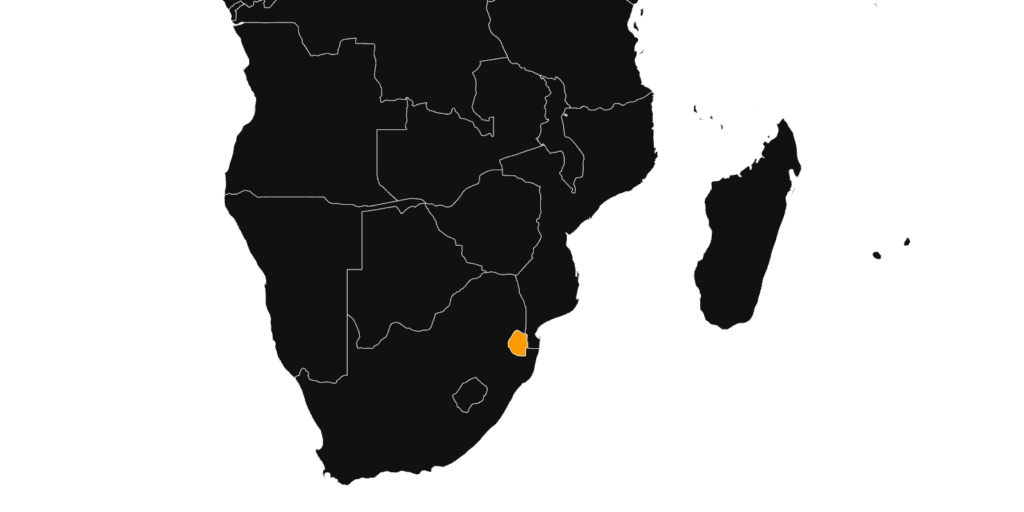

Writers Maseko, Makhubu given two-year jail terms for contempt of court in Swaziland
The judge in charge of the case, Mpendulo Simelane, said the sentences were intended as “a deterrent not only to the appellants to abstain from similar behaviours in the future but also to others who may have a like-minded scheme in contemplation.”
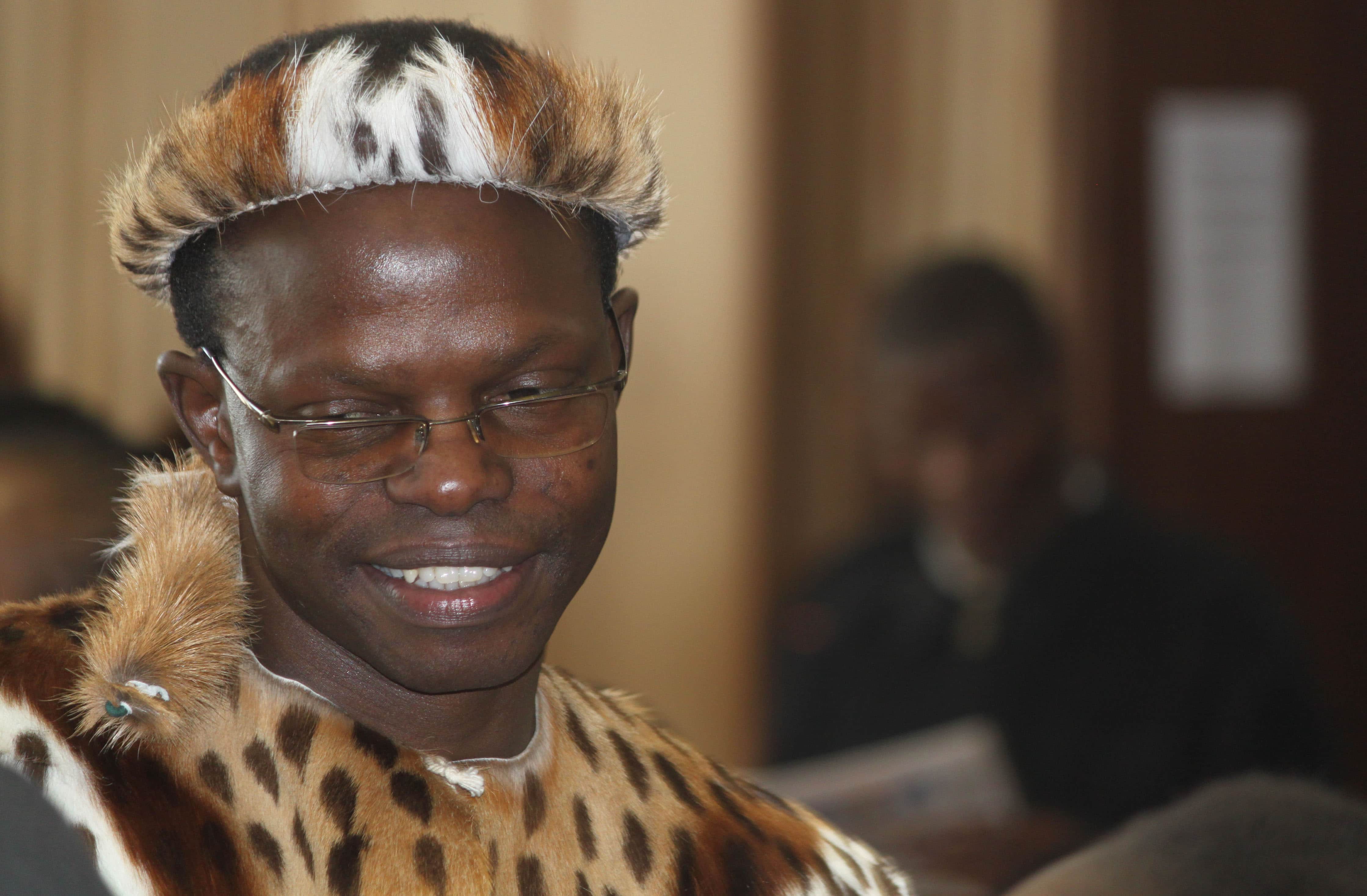
Swazi human rights lawyer and editor found guilty of contempt of court over critical articles
On 17 July the High Court in Mbabane, Swaziland found Thulani Maseko and Bheki Makhubu guilty of contempt of court in relation to articles published in The Nation magazine, which criticised the conduct of Swaziland’s Chief Justice, Michael Ramodibedi.

Publisher and editor win appeal for charges of “scandalising the court” in Swaziland
On Friday, 30 May 2014, the Swaziland Independent Publishers and The Nation editor Bheki Makhubu won their appeal in the case in which they were charged with “scandalising the court”.
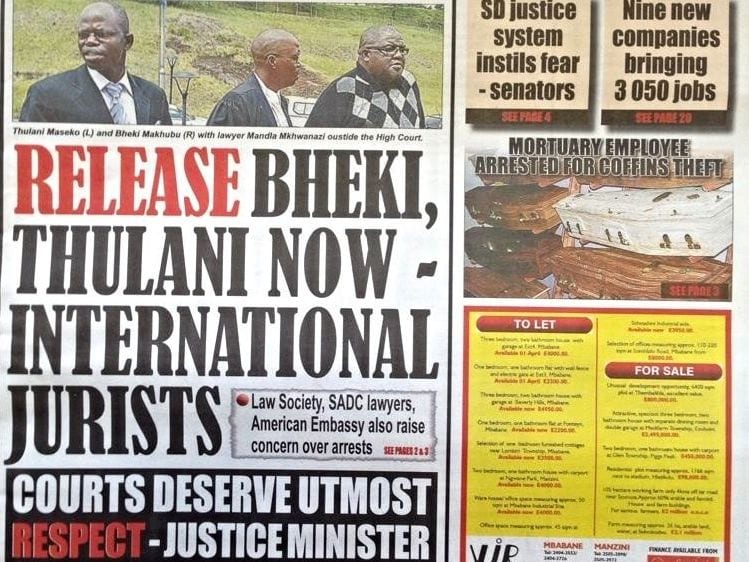
Arrest, release, repeat: A timeline of Bheki Makhubu and Thulani Maseko’s case
The timeline below is not just a chronology of the events surrounding Maseko and Makhubu’s case; it is also an example of what legal labyrinths can open up when someone speaks out against the Swazi government and the justice system itself.
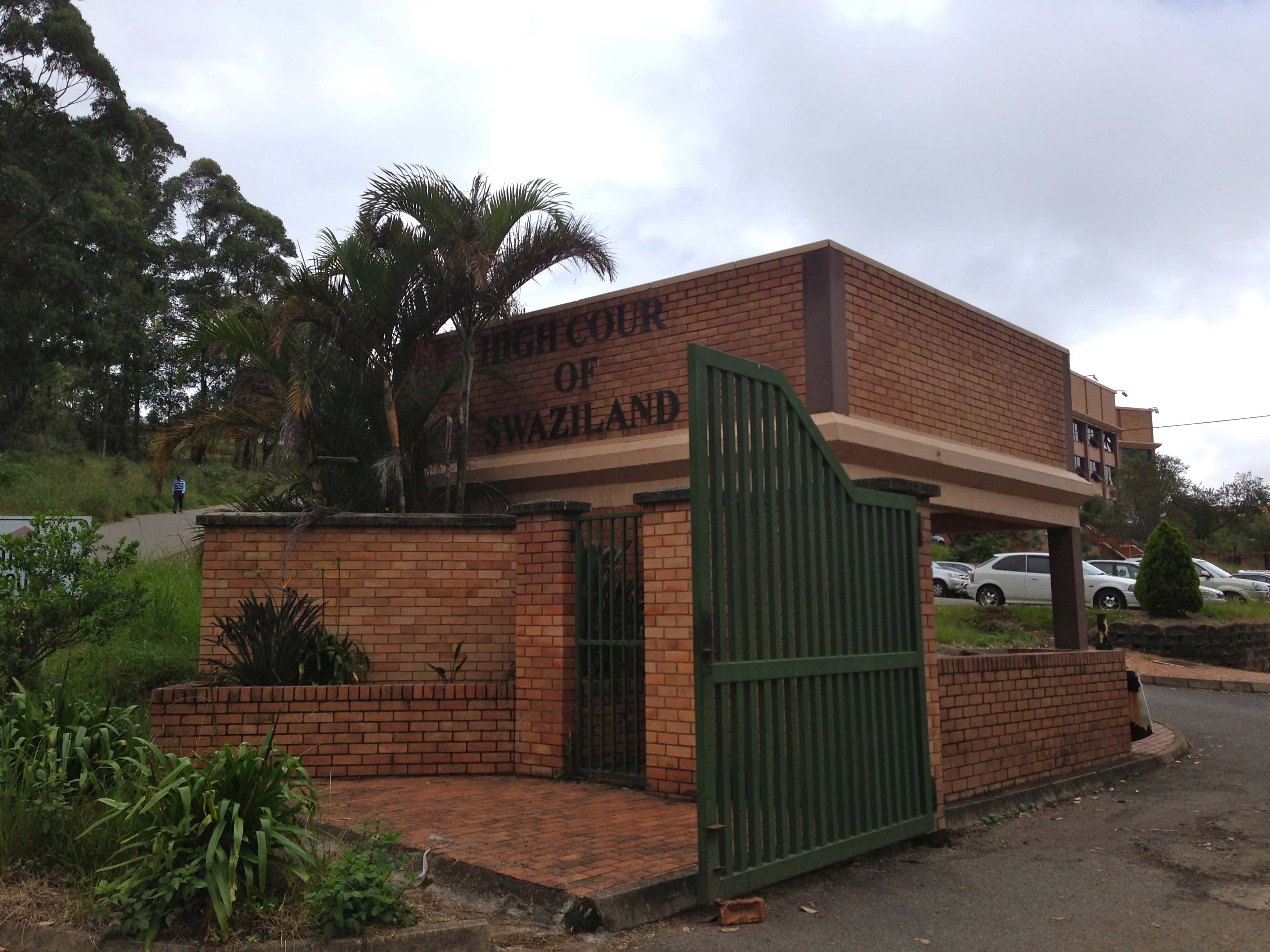
Swaziland: Human rights lawyer and journalist charged with contempt of court
Thulani Maseko and Bheki Makhubu have been charged with contempt of court over two separate articles that appeared in the Nation magazine and were critical of the arrest of government vehicle inspector Bhantshana Gwebu.

Policeman points gun at journalist documenting police brutality in Swaziland
Photojournalist Walter Dlamini was photographing police brutality during a protest when an “officer pointed a shotgun at Dlamini’s face and demanded why he [was taking] pictures of the officers who were at work”.
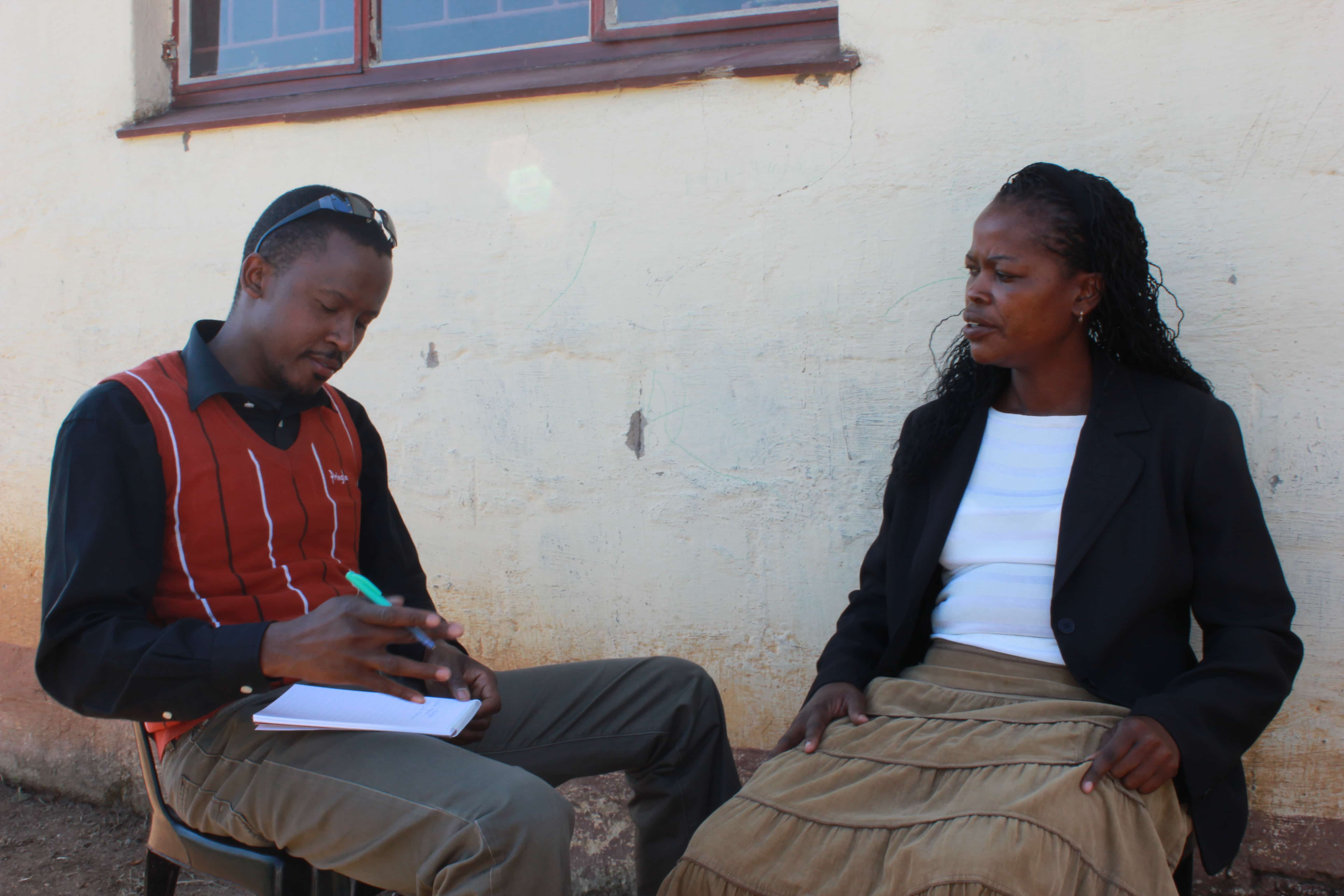
Thoughts on media freedom under Swaziland’s “monarchical democracy”
Representatives from the Media Institute of Southern Africa-Swaziland, Reporters Without Borders and Freedom House speak to IFEX about press freedom in Swaziland, in light of the recent elections.

Swazi magazine handed heavy fine for criticism of chief justice
One of Swaziland’s few independent source of news, The Nation magazine, has been found guilty of “contempt by scandalizing the court” following its publication of two articles in 2009 and 2010 that criticised Chief Justice Michael Ramodibedi.

Swazi editors reinstated after eight month suspension
Alec Lushaba and Thulani Thwala have been reinstated as editors of the Swazi Observer and the Weekend Observer They had been accused of continuously publishing negative stories about King Mswati III.

Swazi journalist attacked while covering chieftaincy dispute
Eugene Dube was attacked by an angry mob after accompanying the deputy sheriff of Machobeni to deliver a subpoena order to a family home. The family had been holding a vigil for a deceased relative when the journalist and sheriff arrived.

“Swazi Observer” editors suspended
MISA says the one-month suspension of Thulani Thwala, Alec Lushaba and Nala Nkabindze was intended to suppress critical voices inside the country.

Authorities crush pro-democracy protest
A planned pro-democracy protest was preemptively dispersed on 12 April through arrests and intimidation by police and military forces.

e.TV journalists detained
Journalist Tumaole Mohlaoli and cameraperson Meshack Dube were detained at a roadblock outside the capital and had their passports and equipment seized.

Proposed law would ban Facebook, Twitter users from insulting monarch
The justice minister proposed the legislation, informing the Senate the government would take a “tough” stance on those who criticise the king via social media and “set an example.”

Newspaper prohibited from writing about chief justice
The government has prohibited the “Times of Swaziland” newspaper from continuing to write about Chief Justice Michael Ramodibedi.

Businessman seeks closure of newspaper in defamation claim
Boyce Magongo wants the High Court to issue an order directing the “Swazi Mirror” to stop publishing and distributing its copies until they are in compliance with the provisions of the Books and Newspaper Act of 1963.